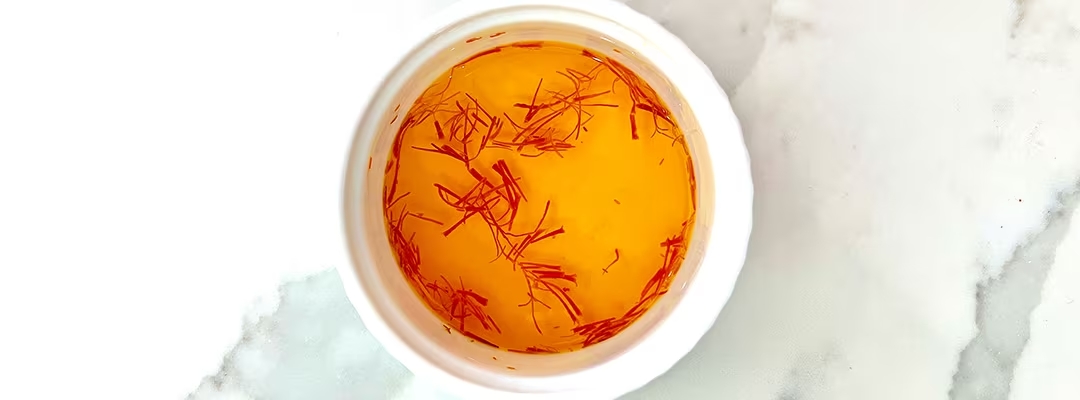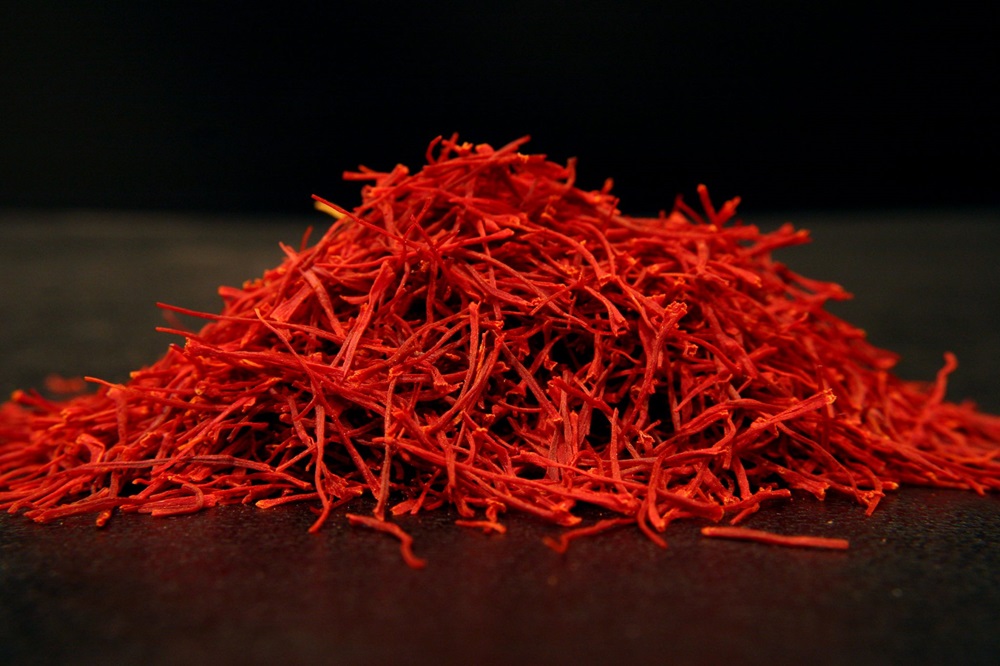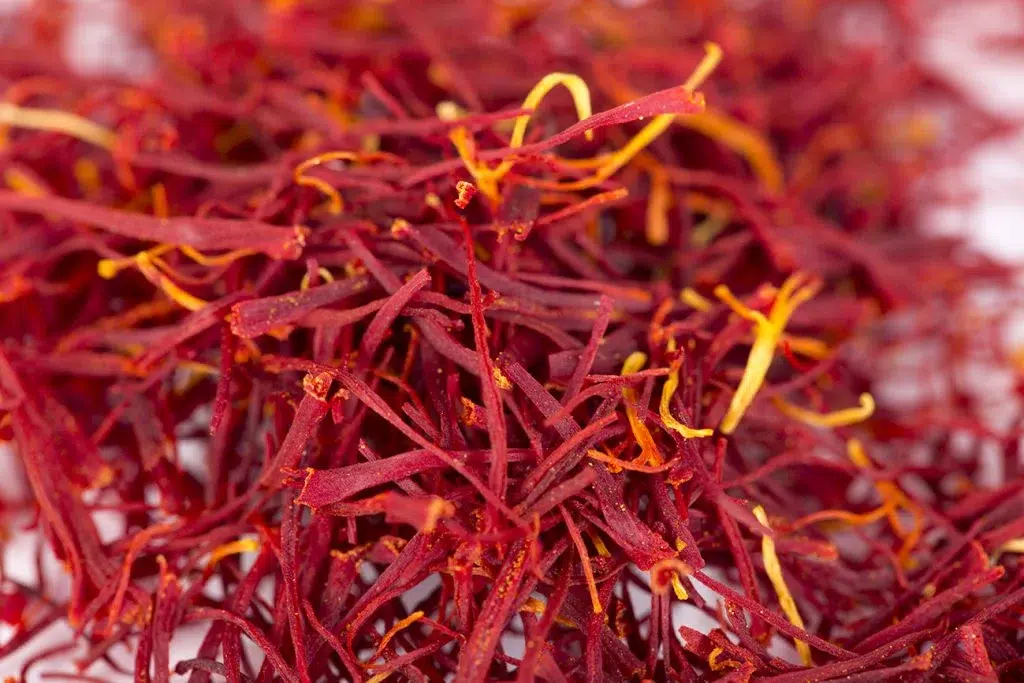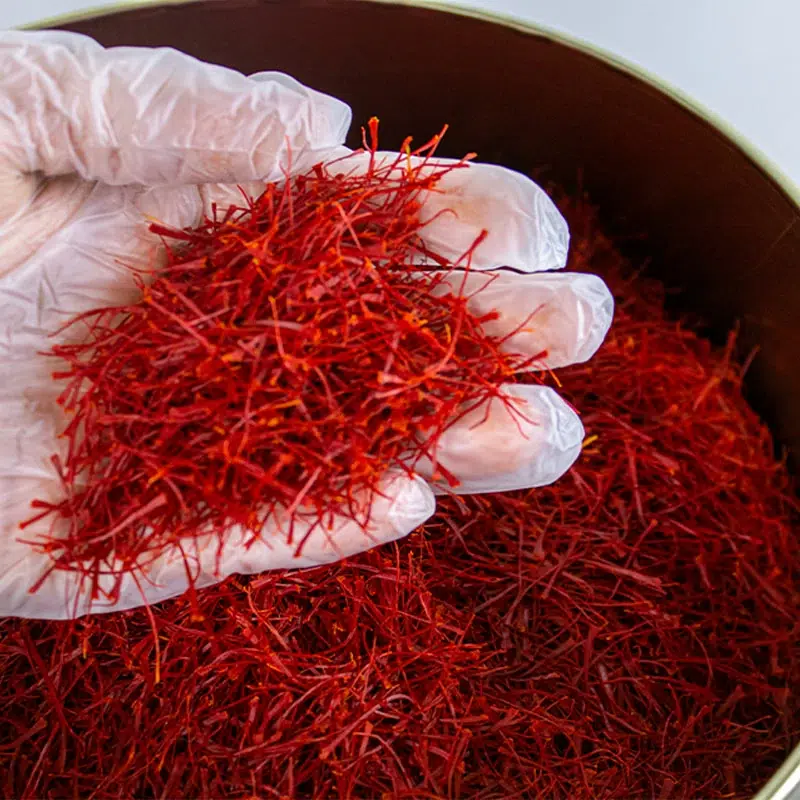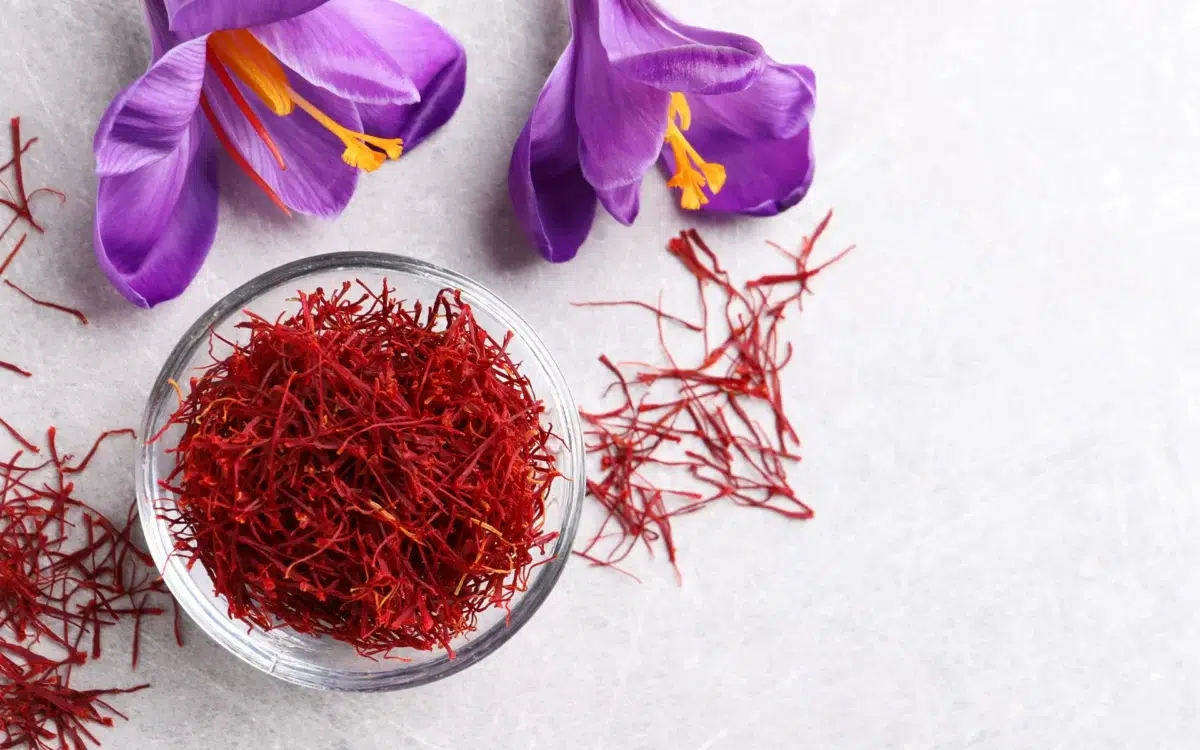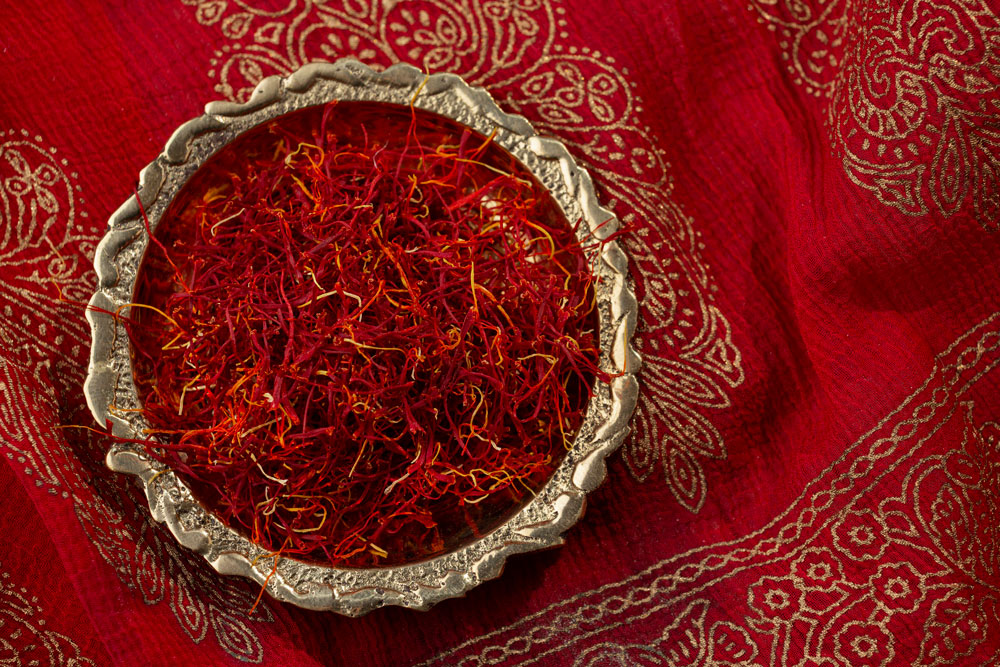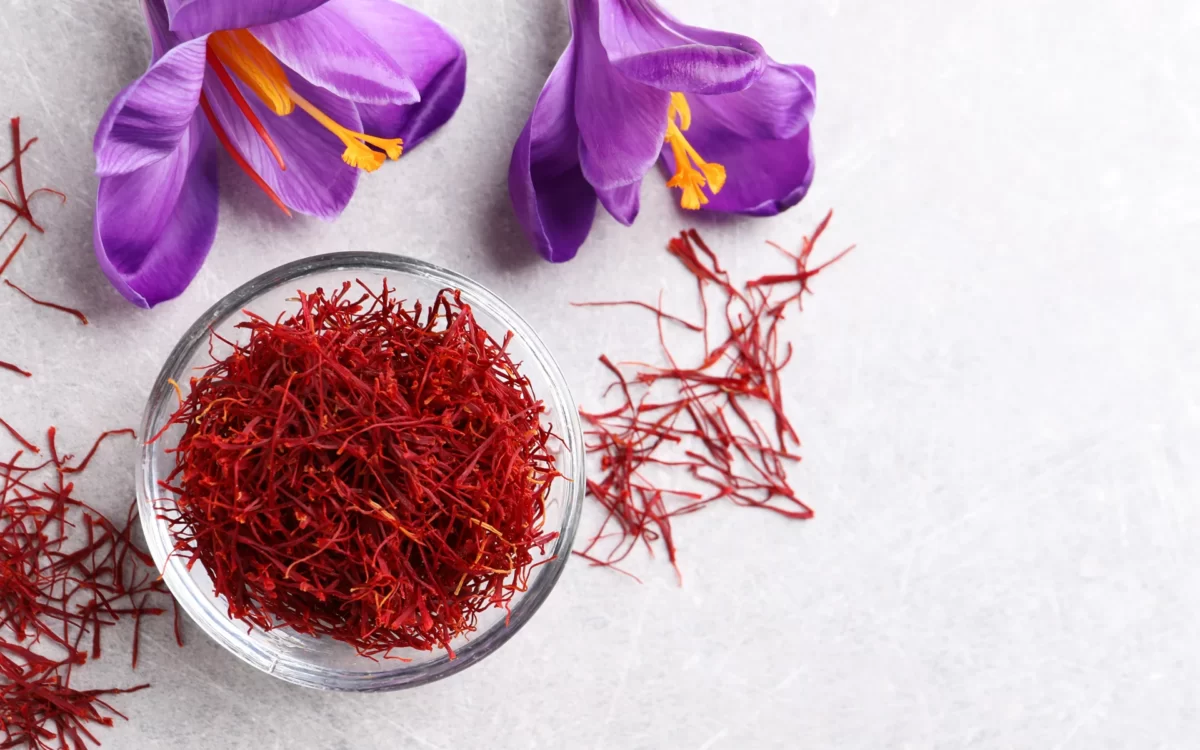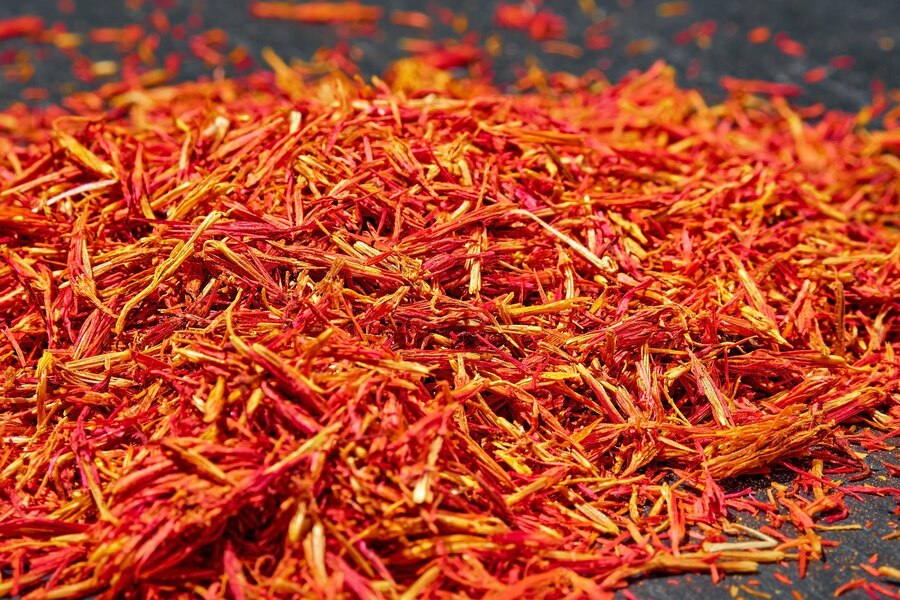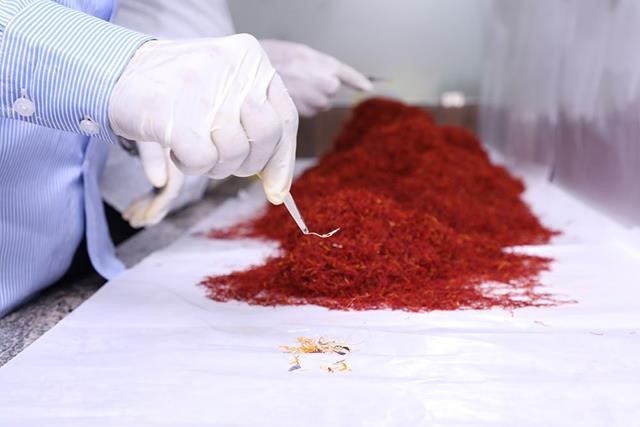Saffron, the most expensive spice in the world, is renowned for its vibrant red stigmas and captivating aroma. Its culinary versatility and purported health benefits have made it a sought-after ingredient in various cuisines and traditional remedies. However, amidst its allure, it’s crucial to be aware of the potential health hazards associated with saffron consumption.
Potential Health Risks of Saffron
While saffron is generally considered safe when consumed in moderation, excessive intake can lead to several health concerns. Here are some of the potential health risks associated with saffron consumption:
-
Allergic Reactions: Saffron is a known allergen, and excessive consumption can trigger allergic reactions in susceptible individuals. Symptoms of saffron allergy may include hives, itching, swelling, and difficulty breathing.
-
Photosensitivity: Saffron may increase skin sensitivity to sunlight, leading to photosensitivity reactions. Individuals with pre-existing skin conditions, such as eczema or psoriasis, are at a higher risk of experiencing photosensitivity reactions.
-
Liver and Kidney Impairment: Studies have shown that high doses of saffron may induce liver and kidney impairment in individuals with underlying liver or kidney conditions. Therefore, it’s essential to consult a healthcare professional before consuming saffron if you have any concerns about liver or kidney health.
-
Misconceptions and Mislabeling: Saffron is often adulterated with other spices, such as turmeric or safflower. Consuming these adulterated saffron products may lead to health risks associated with these substitutes. Additionally, mislabeling of saffron products may result in consuming saffron from unknown origins or with varying quality standards.
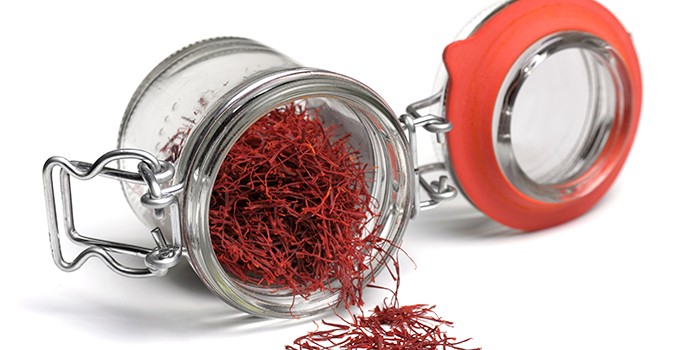
Recommendations for Safe Saffron Consumption
To minimize the potential health risks associated with saffron consumption, it’s essential to follow these recommendations:
-
Consume in Moderation: Stick to the recommended daily dose of saffron, which is typically around 0.1-0.3 grams, or consult a healthcare professional for personalized guidance.
-
Identify Reputable Sources: Purchase saffron from reputable sources with a track record of quality control and purity testing. Look for certifications such as ISO 22000 and HACCP to ensure authenticity and adherence to strict food safety standards.
-
Inspect Saffron Carefully: Before consuming saffron, visually inspect the threads for any signs of discoloration, mold, or impurities. Avoid purchasing saffron that appears damaged or discolored.
-
Store Saffron Properly: Store saffron in an airtight container in a cool, dark place. Proper storage helps preserve saffron’s flavor, aroma, and color, reducing the risk of contamination.
-
Consult a Healthcare Professional: If you have any concerns about saffron consumption or have underlying health conditions, consult a healthcare professional for personalized advice. They can assess your individual risk factors and provide tailored recommendations.
Saffron’s delicate nature and potential health risks underscore the importance of responsible consumption. By following these recommendations, you can enjoy the culinary and potential health benefits of saffron while minimizing the associated health risks.

